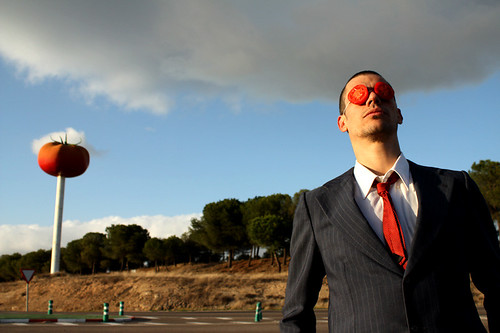This weekend I’m the spiritual director at the Renew & Refine Writer’s Retreat.
So many times as writers or creatives we fail to integrate Soul Care into ordinary life. This has a burnout or burn up effect. Eventually, we end up hurting not only ourselves but those close to us. Even worse we often end up damaging our ongoing work–our vocation (what we are called and gifted to do). Vocation is the very thing that makes life so meaningful and rewarding.
God’s wishes for us to be uniquely us. We have permission to work and be in a way that is life-giving to ourselves and others.
This is why a “Rule of Life” or regular rhythm of self care and God-awareness is vital. It’s not complicated but it’s so very necessary. You can just start with your calendar and clear out certain days for what you really need.
Jesus, in discipling his followers, said it this way:
Matthew 11:29
28-30 “Are you tired? Worn out? Burned out on religion? Come to me. Get away with me and you’ll recover your life. I’ll show you how to take a real rest. Walk with me and work with me—watch how I do it. Learn the unforced rhythms of grace. I won’t lay anything heavy or ill-fitting on you. Keep company with me and you’ll learn to live freely and lightly.” –from The Message paraphrase
Becoming a disciple refers to training–to process. The process of this life-giving training leads us to more abundant life. It’s not binary: all good or all bad. Dead end or open vista. It’s a bit of both and really a pilgrimage. Getting on with it is helped when we take up better habits that give us more breathing room and vitality, just like learning to pack a suitable backpack makes hiking and camping a better experience.
Some habits may involve integrating certain spiritual practices like morning prayer, meditating on Scripture, fellowship, unplugging from technology, or observing a sabbath rest, to name a few. Many refreshing options exist. Only by being habitual can we truly reap the benefits. Freedom can happen in a schedule crafted for breath of life. This is actually the real meaning of the word “religion”. Religion simply means “bind”…it’s the fiber or tether that helps us hold on to a sweeter and richer life. (Of course, the word has been spoiled and perverted in every which way, and some reject using outright because of all the baggage that comes along with it. Yet, in its simplest form “religion” refers to how we stay grounded and become our most fully human selves, if we don’t make our tether a noose or shackle instead!)
To be sure, this stuff of routines and habits is hard for me because I tend to do a whole bunch of things and once and push soul care to the side as “least urgent”. Too often I forget that just like I need food every day, I also need to care for my Soul (my whole integrated self).
The following are some great tools I’ve found quite helpful as spiritually enriching resources for devotional practices and learning how to have a deeper walk with God: Creator, Jesus, and Spirit.
Pick one that looks good to you, and get started.
Handbooks
Refreshing Devotionals (quick reads)
On soul Care
Regaining yourself – Prayer of the Heart







